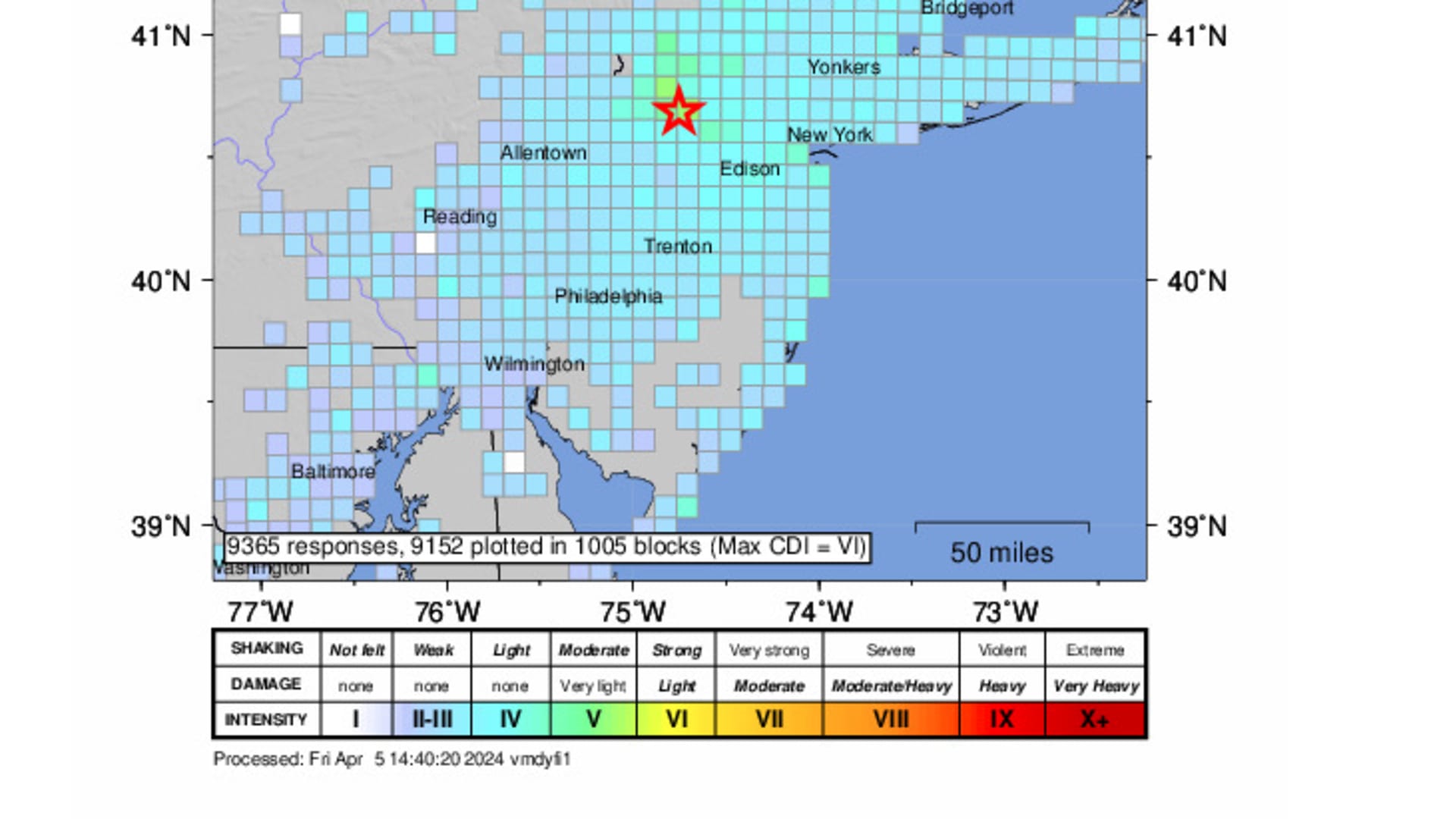
The Biden administration on Tuesday awarded $504 million to a dozen projects across the country to transform communities that have been overlooked in the past into technological powerhouses.
The grants will fund “tech hubs” aimed at increasing production of critical technologies in regions such as western Montana, central Indiana, southern Florida and New York State. The hubs are designed to accelerate the growth of advanced industries in the United States, such as biomanufacturing, clean energy, artificial intelligence and personalized medicine.
The program reflects federal efforts to expand American science and technology funding beyond Silicon Valley and some coastal regions. This initiative will help revitalize areas that have traditionally received less federal investment, according to Biden administration officials. Proponents say the projects will help create “good-paying” jobs and tap untapped labor and resource pools across the country.
The $10 billion program was authorized by the CHIPS and Science Act, which Congress passed in 2022 to boost domestic semiconductor manufacturing and increase funding for scientific research. The idea of expanding technology funding beyond Silicon Valley helped the legislation gain broader support from lawmakers representing parts of the country interested in benefiting from it.
The Commerce Department initially reviewed nearly 400 applications and narrowed them down to a pool of 31 projects that received the Tech Hub designation in October. On Tuesday, 12 regions received grants ranging from $19 million to $51 million.
However, it is unclear how much more funding will be available. Although Congress approved $10 billion for the five-year program when it passed the CHIPS Act, only about $541 million — or about 5 percent — has been appropriated so far, which some say could hamper the program’s success.
John Lettieri, chief executive of the Economic Innovation Group, a Washington think tank, said the lack of funding has been a major hurdle for the program and he is skeptical that the awards will lead to significant change in those regions. He said that while the Biden administration was not responsible for the limited funding, he would have preferred to see officials make “large bets on a smaller number of promising new technologies and places” rather than smaller grants targeted at a dozen regions are distributed.
“With this half a billion dollars, we are unlikely to achieve major technological breakthroughs,” Lettieri said, adding that the funds “would contribute to the gradual strengthening of these regions, but would not lead to transformative results.”
Mark Muro, a senior fellow at the Brookings Institution, said the funding is an “important down payment” but that additional funding is needed to bring about more significant economic change in these regions. Mr. Muro said he was “not entirely pessimistic” about the prospect of additional money given the bipartisan interest in the program. Still, he said it would be challenging because of political tensions that have made government spending a contentious issue on Capitol Hill.
“There is hope for further investment, but nothing is easy at the moment,” Mr Muro said.
Commerce Department officials said they would be eager to offer additional rounds of funding if lawmakers provide more money for the program.
“Simply put: We can do more with more,” Commerce Secretary Gina M. Raimondo said in a statement. “With more funding, we will give out more awards, leading to more technological advances, more regional growth and many more good-paying jobs.”
One of the beneficiaries on Tuesday was a project in Tulsa, Oklahoma, that aims to develop drones and other autonomous systems for customers such as the U.S. military. There is a drone port in Tulsa with labs that can replicate various weather conditions for testing drones.
Jennifer Hankins, executive director of Tulsa Innovation Labs, which is leading the Tulsa project that received $51 million, said the initiative will help reduce the country’s reliance on foreign production for autonomous technologies and their components.
She also said the project will focus on solving the problem of cultural bias in AI systems by working with Native American tribal nations and Black business organizations, among others. “Tulsa has been intentional about who we partner with to meet this challenge,” she said.
Another winning project came from a consortium in Indiana called Heartland BioWorks, which was promised $51 million to invest in biotechnology and bioproduction, including human, animal and plant life sciences.
Andrew Kossack, executive vice president of partnerships at the Applied Research Institute, which is leading the Indiana project, said the technology center would leverage local advantages such as the presence of pharmaceutical company Eli Lilly, a network of drug contract manufacturers and other companies focused on plant-based and animal sciences focus.
“The Tech Hubs program was designed to leverage industry clusters like we have here in Indiana in the biotech space,” he said. The money would expose these industry clusters to venture capital and other funding opportunities that otherwise might not invest, “in what some call ‘flyover country,'” he said.
Source link
2024-07-02 21:15:16
www.nytimes.com














